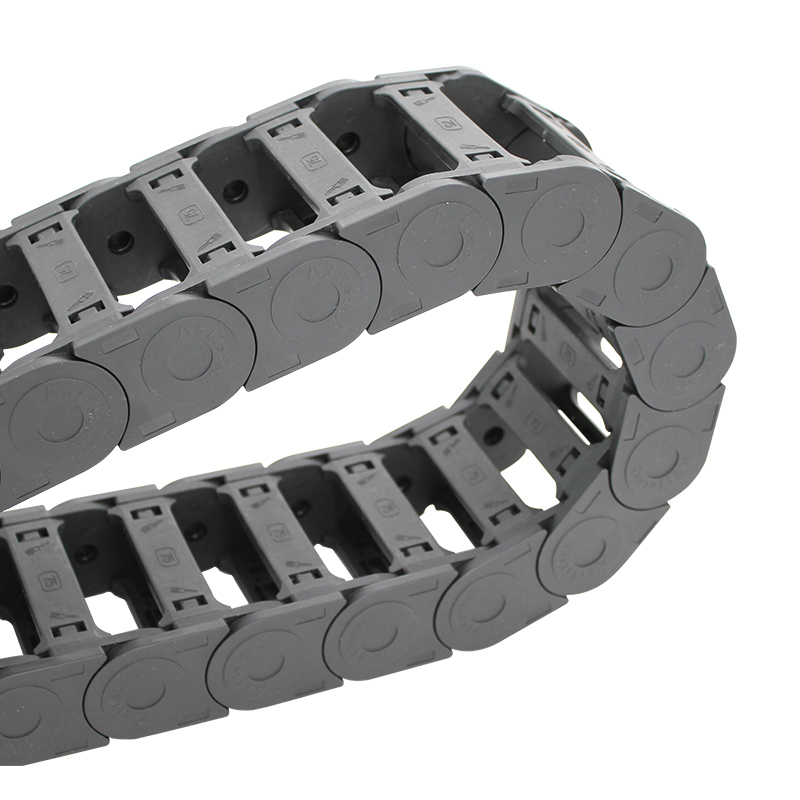lathe bellow cover
The Importance of Lathe Bellow Covers in Industrial Machinery
In the realm of manufacturing and industrial machinery, precision and protection are paramount. One often overlooked yet crucial component in ensuring the longevity and efficiency of machine tools is the lathe bellow cover. These covers play an essential role in safeguarding the intricate parts of lathes and similar equipment from contamination, wear, and tear. This article explores the significance of lathe bellow covers, their types, and their impact on the overall performance of machining operations.
What are Lathe Bellow Covers?
Lathe bellow covers, often referred to as bellows or way covers, are flexible protective coverings that envelop and shield the moving parts of lathes. Typically made from materials such as rubber, fabric, or reinforced plastic, these covers maintain a barrier against dust, chips, liquids, and other contaminants that can cause significant damage to the precision components of the machinery.
The Functionality of Lathe Bellow Covers
The primary role of lathe bellow covers is to safeguard the exposed parts of a lathe, especially the guideways, screws, and other moving mechanisms. By acting as a shield, they prevent the accumulation of debris and particulate matter that could inhibit the movement of these components. Contaminants can lead to increased friction, overheating, and ultimately, mechanical failure if left unaddressed.
Additionally, lathe bellow covers help to retain lubricants applied to the working parts, thereby extending the intervals between necessary maintenance and reducing the wear on components. The efficiency of a lathe significantly depends on its cleanliness and the proper functioning of its mechanical systems; hence, the role of bellow covers becomes increasingly vital.
Types of Lathe Bellow Covers
Lathe bellow covers come in various types, each designed for specific applications and environmental conditions. The most common types include
lathe bellow cover

1. Fabric Bellows Made from woven textiles, often coated for added durability. These bellows are typically lightweight and flexible, providing an excellent solution for smaller lathes and machines.
2. Rubber Bellows These covers are made from rubber materials offering high elasticity and resistance to wear and tear. Rubber bellows are suitable for heavy-duty applications where exposure to frequent impacts or harsh chemicals is involved.
3. Metal Bellows Often used in extreme environments, metal bellows are fabricated from stainless steel or other alloys. They offer exceptional protection against high temperatures and aggressive substances, making them ideal for demanding industrial applications.
The Benefits of Using Lathe Bellow Covers
The advantages of implementing lathe bellow covers are numerous. Firstly, their protective function reduces the need for frequent maintenance and repairs, which can lead to significant cost savings for businesses. Minimizing downtime is crucial in any manufacturing setting, and lathe bellow covers can help achieve maximum uptime.
Secondly, by enhancing machine longevity, these covers contribute to maintaining the precision of machining operations. A lathe that remains free from contamination operates more reliably and consistently, ensuring quality outcomes in the products manufactured.
Finally, in environments with stringent cleanliness standards, such as the medical or aerospace industries, the use of lathe bellow covers becomes critical. They help maintain the required clean conditions by preventing dust and particles from entering sensitive areas of machinery.
Conclusion
In summary, lathe bellow covers are an indispensable part of industrial machinery, particularly lathes. Their protective capabilities not only enhance the performance and longevity of the equipment but also contribute to overall efficiency and operational cost-effectiveness. As manufacturing processes evolve and become more complex, the importance of incorporating high-quality lathe bellow covers will continue to grow, underscoring their role as a critical component in the machinery of the future. Embracing the advantages of these components is not only a matter of operational integrity but also a strategic investment in the sustainability of manufacturing practices.








